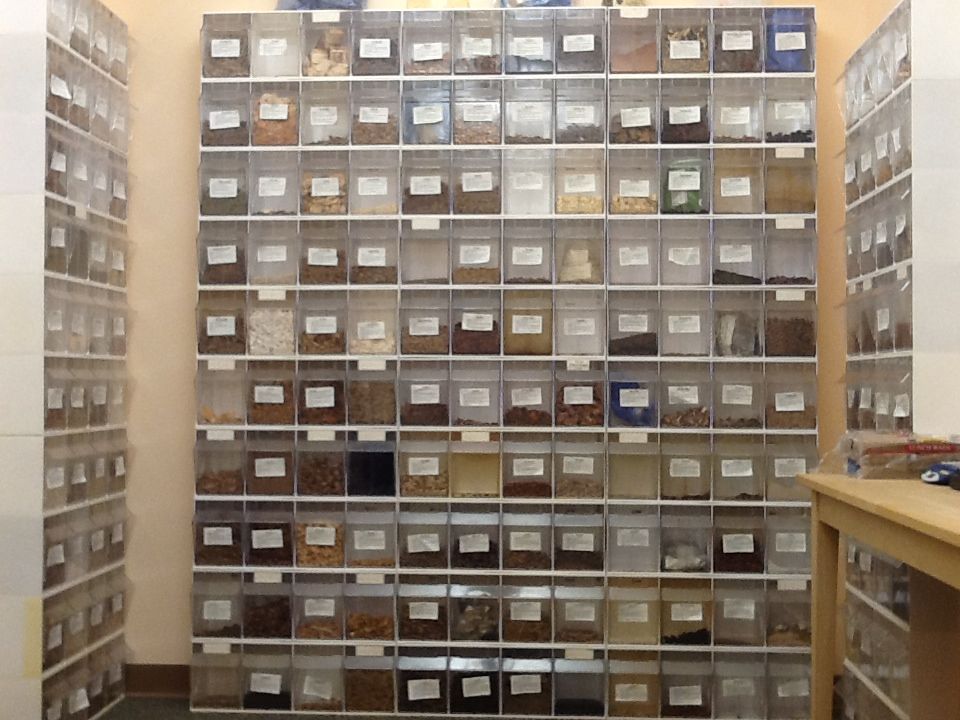The roots of Traditional Chinese Medicine (TCM) date back to ancient China. TCM was systematized in the 1950s in the Peoples Republic of China, moving from family lineages to a standardized form of medicine. This system has its own principles for the prevention, diagnosis, and treatment of disease. Although acupuncture is the most well known modality of Traditional Chinese Medicine, other techniques used include: herbal medicine, cupping, Gua Sha, moxibustion, and medical massage.
Traditional Chinese Medicine has very explicit diagnostic principles and treatment applications. Diagnosis is holistic and based on the differentiation of syndromes in the body. Individual symptoms are combined, compared, and woven into a patterns of harmony and disharmony. A treatment strategy is then designed and applied accordingly. Diagnosis is an ongoing process because patterns of disease are not stagnant and are expected to change with treatment. Practitioners follow the course of the disease through to completion, thereby restoring balance and harmony to the body. Maintenance of this balanced state of health is preserved with follow up sessions.
Chinese Herbal Medicine is unlike its western pharmaceutical counterpart, which chemically reproduces only isolated aspects of a plant. TCM herbal practitioners use the entire plant to create a more homeostatic effect in the body. Herbalists are taught how to tailor classical prescriptions to allow for ingredient interactions that cannot be achieved in other ways. Using raw herbs gives practitioners the ability to specifically design herbal formulas to meet individual needs.
The public is frequently misinformed about herbs after reading magazine articles, books, newspapers, and Internet testimonials. This information is not adequate for proper diagnosis as thermal properties, drug reactions, and other important factors are not often taken into account. Also many herbal formulas sold today are marketed with only profit (not efficacy) in mind. Without proper diagnosis by trained professionals, patients often take the wrong herbs for their constitution or disease.
